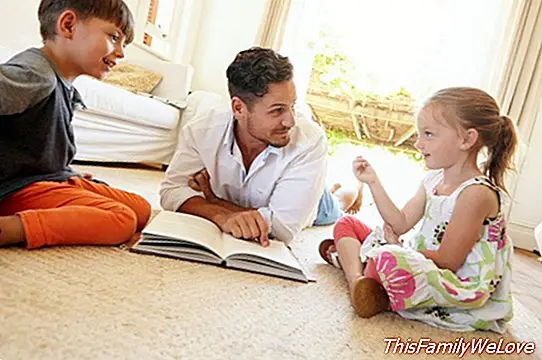The effort to educate children, in substance or in form?

When we face the early stages of education, it is easy to fall into the temptation to educate in some details that are still important, like good manners, and forget other cmuch more important issues. For this reason, parents must acquire an image with perspective of what each child needs.
We all like that our young children leave us in good place before their friends, neighbors, school, in-laws, etc. and do not behave badly, with tantrums, caprices and all that cast of performances that make you get out of your boxes.
How to better educate children
But ... there is a "but". If a child is educated in fear of what can happen to him if he does not act as his educators order or desire, it is very likely that his intellectual, moral and even physical development will be seriously compromised. If you have never, under any circumstances, experienced the effect of a "no" it is very likely that you will end, sooner rather than later, become a tyrant. So, what can we do? How to know what to do in each case?
There are children who need more demand, others less; there are times when one of our children needs to be alone without being overwhelmed with an excess of well-intentioned, but counterproductive, affection; at other times, on the contrary, not intervening can be interpreted as disinterestedness. We passed ourselves, even several times throughout the same day, by changing moods; a certain warning made from equilibrium causes a very different effect than if we say the same words in a moment of anger, even if it is contained anger.
The essence of education
What can we do? How to know what is to be done in each case? To assume openly the responsibility of finding for oneself the most appropriate response according to our personality and that of our children, of the moment in which we find ourselves and of the concrete circumstances. It's very important stop aspiring to possess a magic formula that, applied in all cases and to all people, has automatic effects. The mere fact of wanting it or proposing it to us can be an indicator of lack of interest or commitment.
The essence of education is an interpersonal encounter. What really matters is not what you know how to do, but what you are. The real education, that which leaves its mark, is produced not so much by words, by gestures, behaviors and / or the application of pedagogical recipes more or less fortunate, but by ideas, attitudes and other elements, hardly identifiable but very important, that reside in the deepest part of our being.
The sincere effort to educate each of our children well, regardless of the errors and failures that may be in the way or perhaps precisely for them, is the best way, I would dare to say the only one, to achieve results. On the contrary, a excessive worry about achieving the perfect child or being the perfect dad or mom often produces counterproductive effects in many cases.
José Fernando Calderero. Dean of the Faculty of Education of the International University of La Rioja
It may interest you:
- Learn good manners and standards of education
- 10 tips to avoid tantrums of your children
- Beat perfectionism: 7 solutions for perfectionists
- Personality: 5 traits that define it




